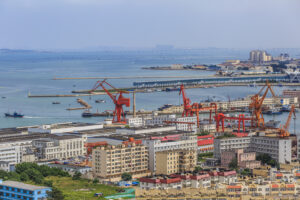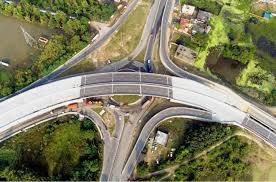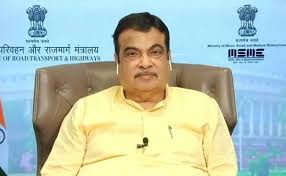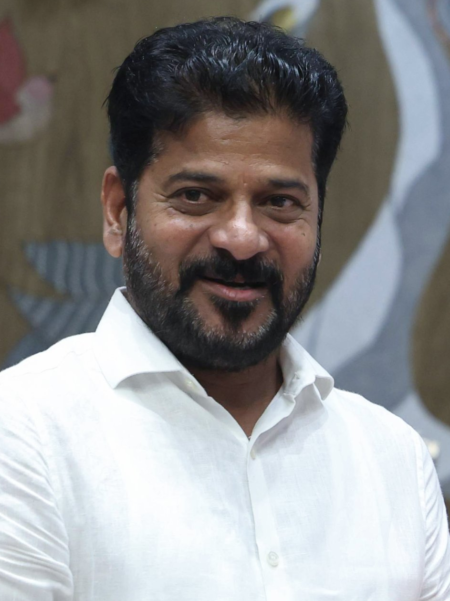The road ministry plans a GNSS-based toll system trial on specific national highways.
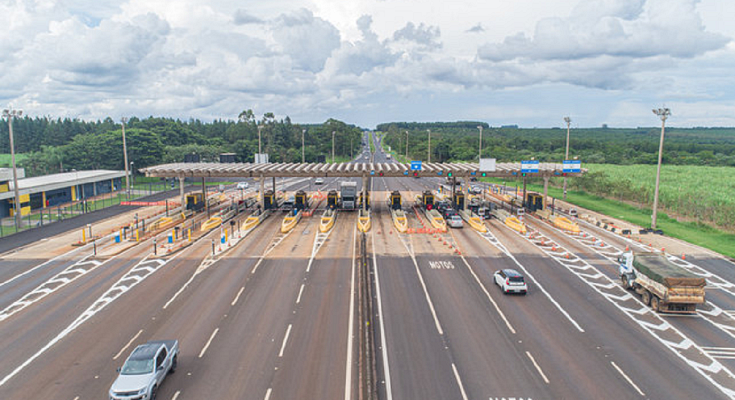
The Rajya Sabha was informed on Wednesday that the road ministry will trial a global navigation satellite system (GNSS)-based toll collection system alongside FASTag on selected national highways. Union Minister of Road Transport and Highways Nitin Gadkari detailed in a written response that the Bengaluru-Mysore section of NH-275 in Karnataka and the Panipat-Hisar section of NH-709 in Haryana have undergone pilot studies for GNSS-based toll systems.
Gadkari revealed that an international workshop was held on June 25 for stakeholder engagement, and a global expression of interest (EOI) was issued on June 7 for broader industry consultation, with submissions due by July 22, 2024.
In response to another query, Gadkari noted that the road ministry has developed a master plan for national highways under the PM Gatishakti Framework. This plan uses a transportation model and data from e-way bills (GST), tolls, and traffic surveys to enhance logistics through the construction of expressways and high-speed highways.
Gadkari also mentioned that 697 national highway projects, initiated over a decade ago, were completed beyond their initial timelines. Delays were attributed to issues such as land acquisition, statutory clearances, utility relocation, encroachment removal, law and order, contractor financial difficulties, underperformance, and force majeure events like the Covid-19 pandemic, heavy rain, floods, cyclones, and landslides.
Since 2014, the National Highways Authority of India (NHAI) has borrowed ₹3.77 lakh crore for loans and other borrowings to complete entrusted projects. As of the current fiscal year, over 20,000 km of national highways remain under ongoing or awarded projects. Additionally, the ministry has a backlog of projects in the DPR and tendering process, which will boost construction activity in the coming fiscal years.
Gadkari further disclosed that rescue and relief efforts at Uttarakhand’s Silkyara Tunnel have cost over ₹1.94 crore, with some invoices still pending. The engineering company responsible for the tunnel is accountable for these expenditures.



